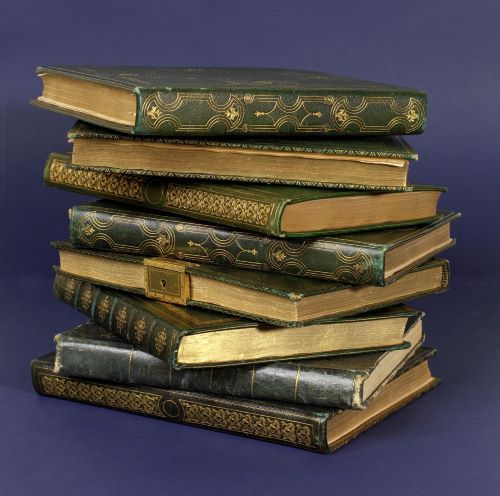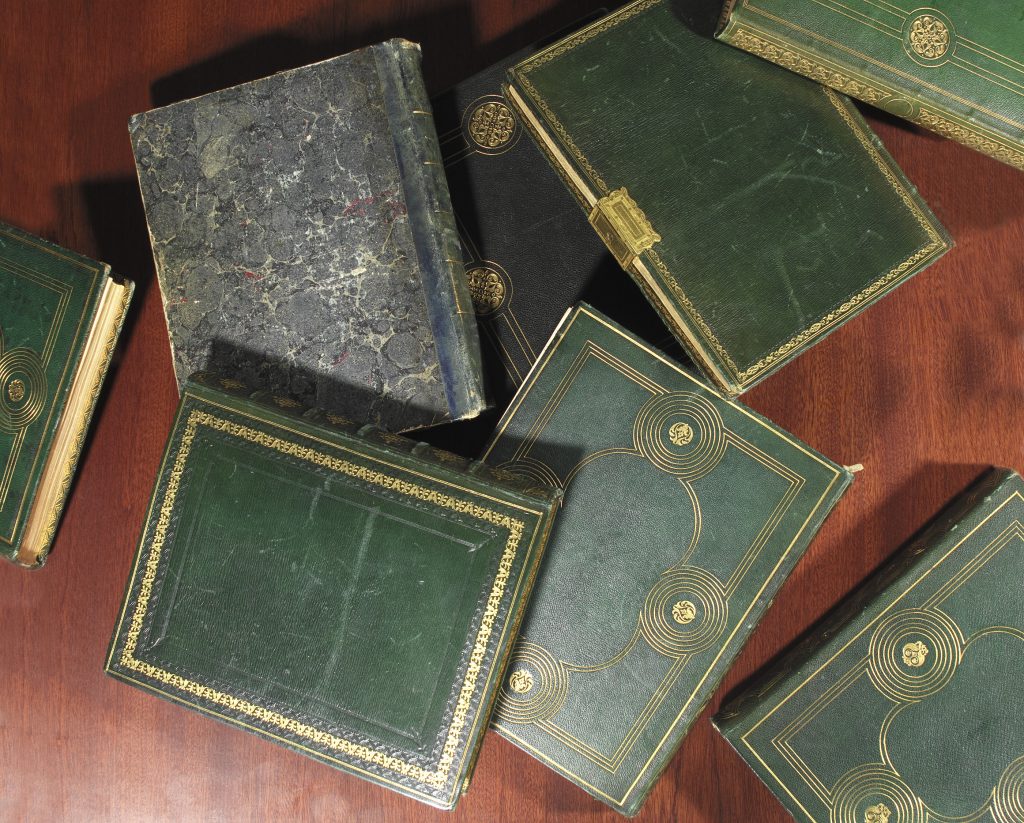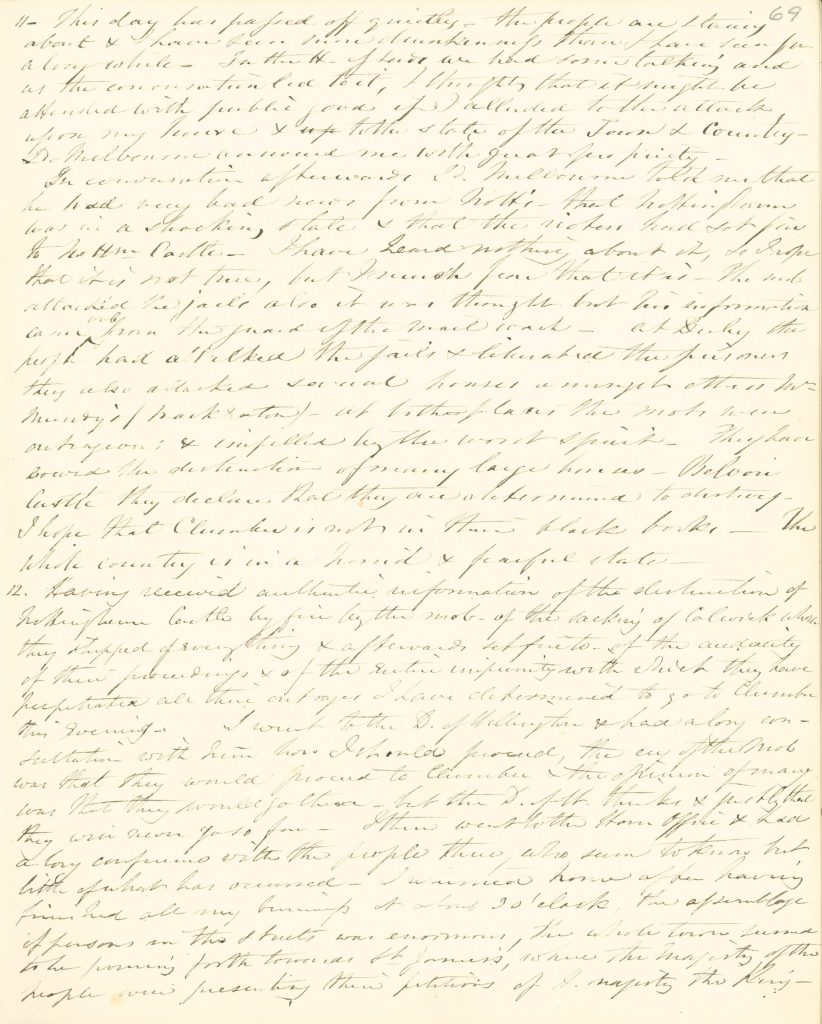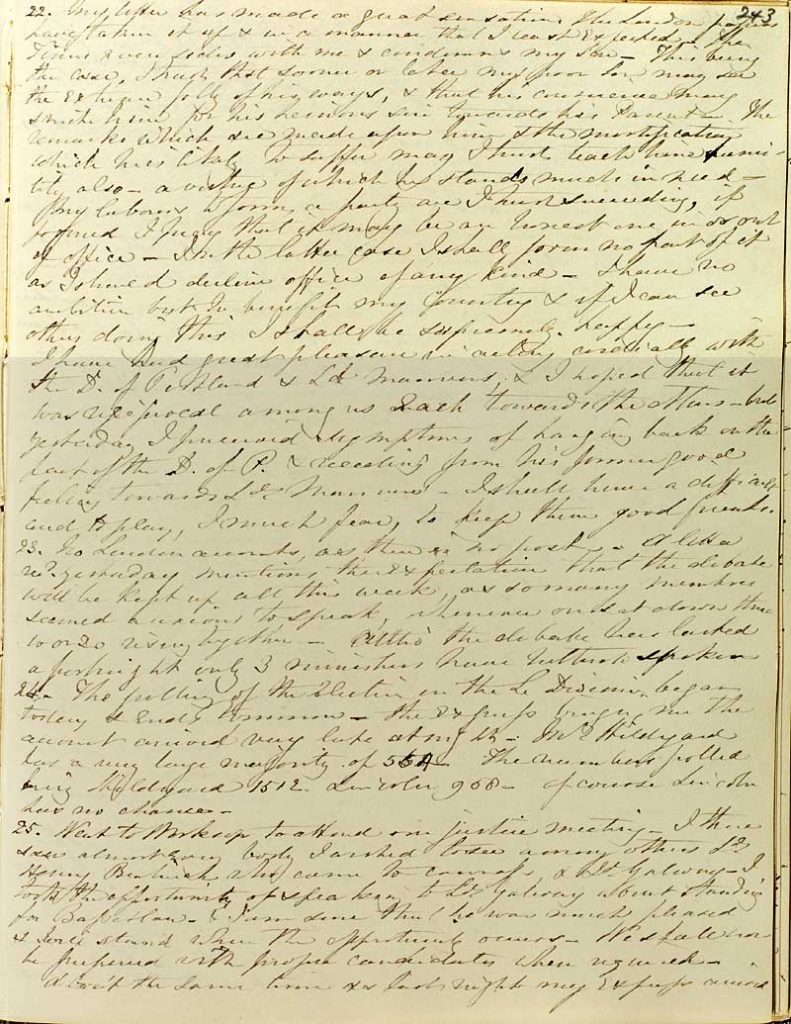
January 25, 2024, by Chloe
Politics Gets Personal
Diaries can make exceptionally rewarding reading: they are intensely subjective, inward-looking narratives, and yet can also provide a window onto times gone by, capturing everyday experiences and sudden cataclysms alike. This duality is perhaps captured nowhere so well as in the Diaries of the 4th Duke of Newcastle, which date between 1822 and 1850, and therefore bear witness to a period of momentous change not only in personal fortunes of the Duke and his family, but in the British nation as a whole.
One particularly vivid passage occurs following the defeat of the Reform Bill in the House of Lords on October 8 1831. Newcastle was well known for his opposition to Parliamentary Reform, so when the Bill’s failure to pass sparked rioting in Nottingham, it was unsurprising that he became the object of popular hostility and abuse. Newcastle, who was in London at the time, records the moment that Lord Melbourne told him ‘that the rioters had set fire to Nottingham Castle’ – news which he initially hopes is not true, but is quickly confirmed beyond doubt. In his diary, he cycles through his anger at the destruction, his fear that his other property will be targeted and – eventually – his desire to recuperate the value of what was lost, providing an intimate perspective on what has since become a totemic event in the history of the city.
You could be forgiven for thinking that having been the victim of arson would put a man off politics for life, but this was not the case with Newcastle. He would go on to make what is possibly his most famous political intervention in the South Nottinghamshire Election of 1846 – this time, against the Earl of Lincoln, who also happened to be his own son. Lincoln had instigated the contest by vacating his parliamentary seat in order to accept the office of Chief Secretary to Ireland, a sideways move which followed shortly after his decision to come out in support of the repeal of the Corn Laws.
Newcastle’s fervour in opposing both repeal and his son’s career choices led him to pen an open letter to the electors of the constituency, widely reprinted in the press, which publicly repudiated Lincoln’s actions. He wrote in his diary: ‘I trust that sooner or later my poor son may see the extreme folly of his ways, & that his conscience may smite him for his heinous sin towards his Parent – The remarks which are made upon him & the mortification which he is likely to suffer may I trust teach him humility also – a virtue of which he stands much in need’. Lincoln’s party went on to lose the election, which was attributed in no small part to his father’s vociferous public criticism. As for Newcastle, he may have been victorious on the political battlefield, but he wasn’t going to be named Father of the Year any time soon.
Find out more about the Duke’s tumultuous political life using the Learning Resource available on our website, or book an appointment to view the diaries in our Reading Room. To find out more, or to book an appointment today, please contact us at mss-library@nottingham.ac.uk.
No comments yet, fill out a comment to be the first




Leave a Reply